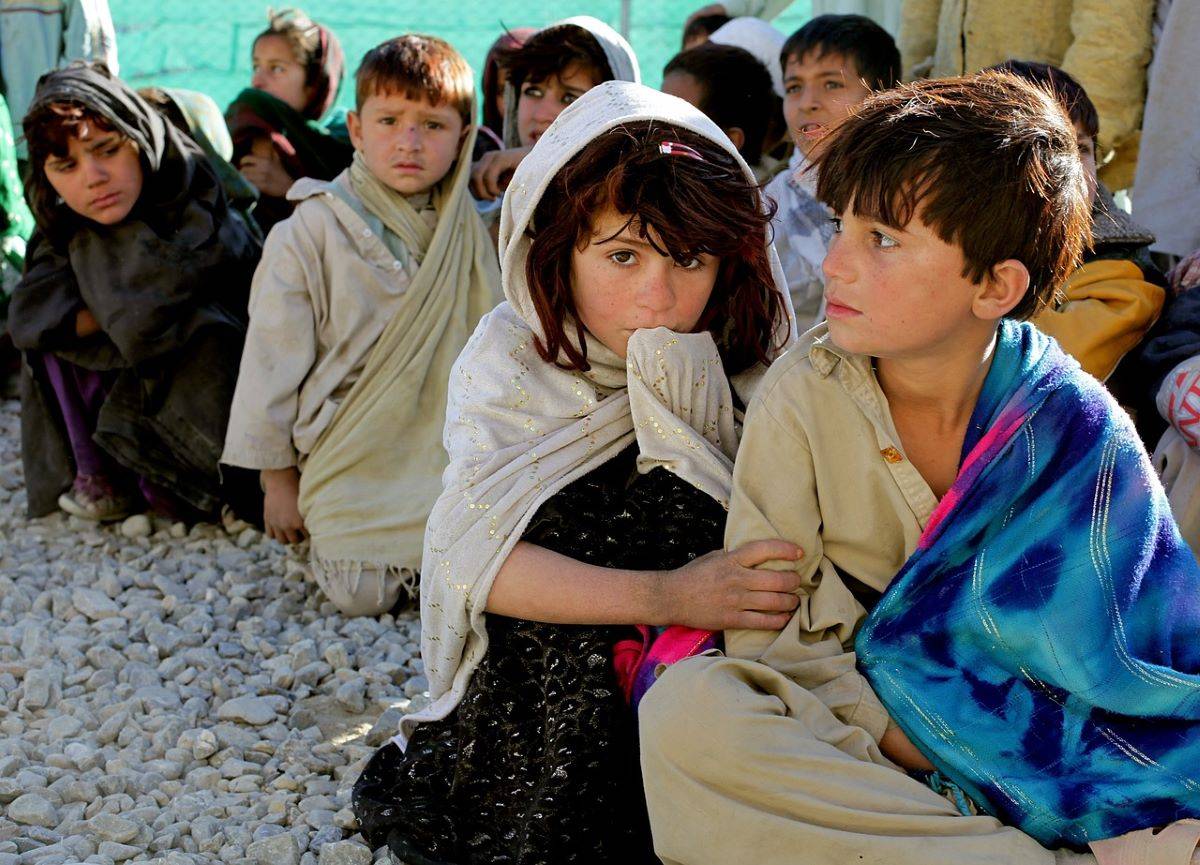
Afghanistan's representative at the United Nations Human Rights Council meeting has highlighted the severe consequences of climate change on the country. Speaking at the 15th meeting of the UN Human Rights Council, Mohibullah Taib, the Counsellor of Human Rights at the Permanent Mission of Afghanistan in Geneva, emphasized that Afghanistan is currently facing the most devastating impacts of climate change, endangering the lives and livelihoods of its people.
Taib expressed concern over the potential displacement of hundreds of thousands of Afghans due to climate change. He pointed out that natural disasters such as floods, landslides, avalanches, droughts, extreme weather events, and earthquakes pose significant challenges, particularly in the northern and northeastern regions of the country.
Taib stated that Afghanistan continues to be highly vulnerable to the catastrophic effects of climate change. He mentioned that the country is susceptible to seasonal flooding, landslides, avalanches, droughts, and other extreme weather events, resulting in the risk of displacement for hundreds of thousands of people. According to him, these natural disasters have already caused significant disruptions, especially in the north and northeast regions.
A report from the United Nations Office for the Coordination of Humanitarian Affairs (OCHA) further highlighted the dire situation in Afghanistan. The report indicated that climate projections for the country suggest higher temperatures, reduced rainfall, increased evapotranspiration, and a rise in the frequency of extreme events such as droughts, storms, floods, landslides, and avalanches.
Environmentalists, including Kazem Homayoun, explained that if there is a lack of water or if unseasonal rains occur in Afghanistan, it can lead to unfortunate consequences for the citizens and farmers. These circumstances may force them to relocate to other cities, which emphasizes the significant impact on local communities.
The Taliban's Ministry of Agriculture, Irrigation, and Livestock acknowledged the detrimental effects of last year's drought in northern Afghanistan, leading to a decrease in crop yields in those regions. However, the ministry's spokesperson, Mesbahuddin Mostain, noted that this year, areas with sufficient rainfall experienced better crop production compared to the previous year.
Afghanistan, already grappling with protracted conflict and various crises, finds itself in a complex situation where natural disasters and climate-related shocks exacerbate existing challenges.
According to the Notre Dame Global Adaptation Index, Afghanistan ranks as the 8th most vulnerable country to climate change due to its high sensitivity and low adaptive capacity.










